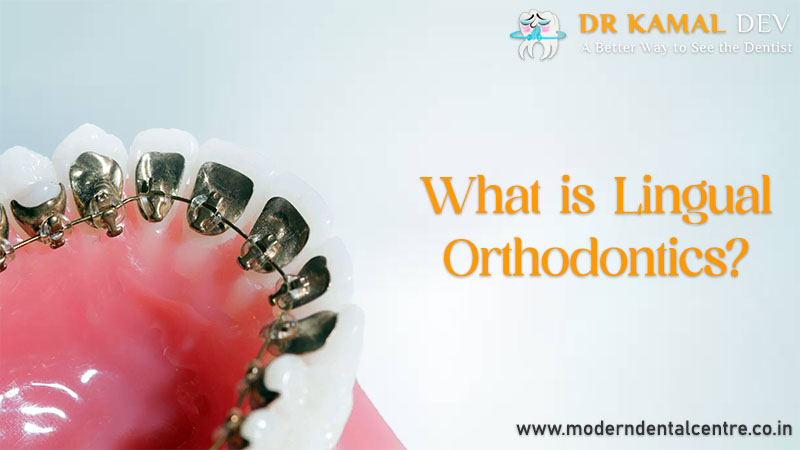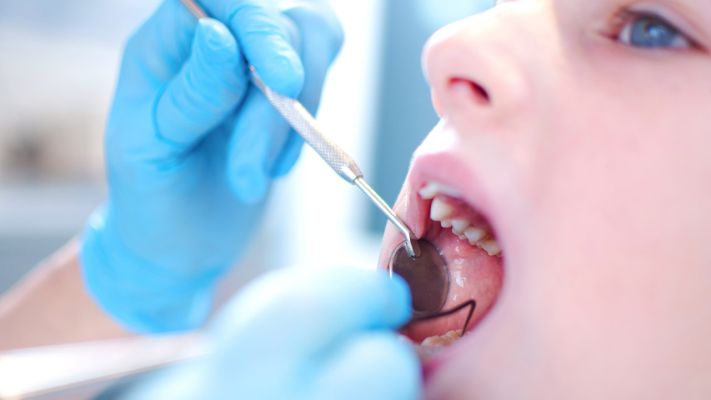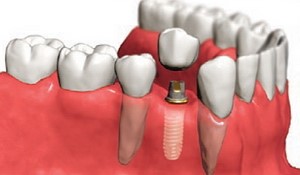Are you feeling anxious about getting a root canal treatment in Shalimar Bagh? We are here to help you through the process and answer all your questions.
Firstly, what is a root canal treatment? It’s a dental procedure that involves removing infected or damaged tissue from inside the tooth and replacing it with a filling.
Let’s take a step-by-step look at what happens during a root canal treatment in Shalimar Bagh:
Exam and X-rays: During root canal treatment, your dentist will examine your teeth and take X-rays to determine the extent of the damage. If it’s determined that a root canal is needed, your dentist in Shalimar Bagh will perform the procedure.
Anesthesia: Before the procedure, your dentist in Shalimar Bagh will administer local anesthesia to numb the area around the affected tooth.
Removing the infected tissue: Your dentist in Pitampura will create a small access hole in the top of the tooth and use special tools to remove the infected or damaged tissue from inside the root canals.
Cleaning and shaping: The root canals will be cleaned and shaped to prepare them for filling.
Filling the canals: Your dentist in Pitampura will fill the root canals with a special material to seal them and prevent further infection.
Placing the permanent crown or filling: In most cases, you will need to return to the dental clinic in Shalimar Bagh to have a permanent crown or filling placed on the tooth to restore its function and protect it from further damage.
After the procedure, it’s normal to experience some discomfort and sensitivity in the treated tooth and surrounding area. Your dentist in Shalimar Bagh may prescribe pain relievers or recommend over-the-counter pain medication to manage any discomfort.
It is important to maintain good oral hygiene habits, such as brushing twice a day, flossing daily, and visiting your dentist regularly for check-ups and cleanings, to prevent dental problems.
If you experience symptoms such as severe pain or swelling, allergic reaction to medication, high fever or chills, numbness or tingling in the lips, tongue or chin after root canal treatment in Pitampura, contact the best dentist in Pitampura immediately.
Root canal treatment in Pitampura is generally considered a safe and effective procedure, but like any medical procedure, there are potential risks and complications.
Your dentist will discuss these risks with you before the procedure and take steps to minimize them.
We hope this guide has helped ease all of your worries about root canal treatment.
Remember that with proper care, root canals can last a lifetime.
FAQs:
Is root canal treatment painful?
While the procedure itself shouldn’t be painful, you may experience some discomfort afterward. Your dentist can prescribe pain medication to manage any discomfort.
Can I drive home after a root canal?
Yes, you will be able to drive home after the procedure. However, if anesthesia was used during the procedure, you will need to arrange for someone to drive you home.
How long does a root canal take?
The duration of the procedure will depend on the severity of the infection and the complexity of the tooth structure. Most root canal treatments can be done in one to two hours.
Can a root canal be done in one visit?
In some cases, a root canal can be completed in one visit. In most cases, however, you’ll need to visit your dentist twice – once for the procedure and once for a crown or permanent filling.
How long does a root canal last?
With good oral hygiene habits and regular dental exams, a root canal can last a lifetime.
So, don’t hesitate to contact the best dentist in Shalimar Bagh if you have any questions or concerns about root canal treatment in Shalimar Bagh. Your oral health is important, and we want to help you maintain a healthy smile.











